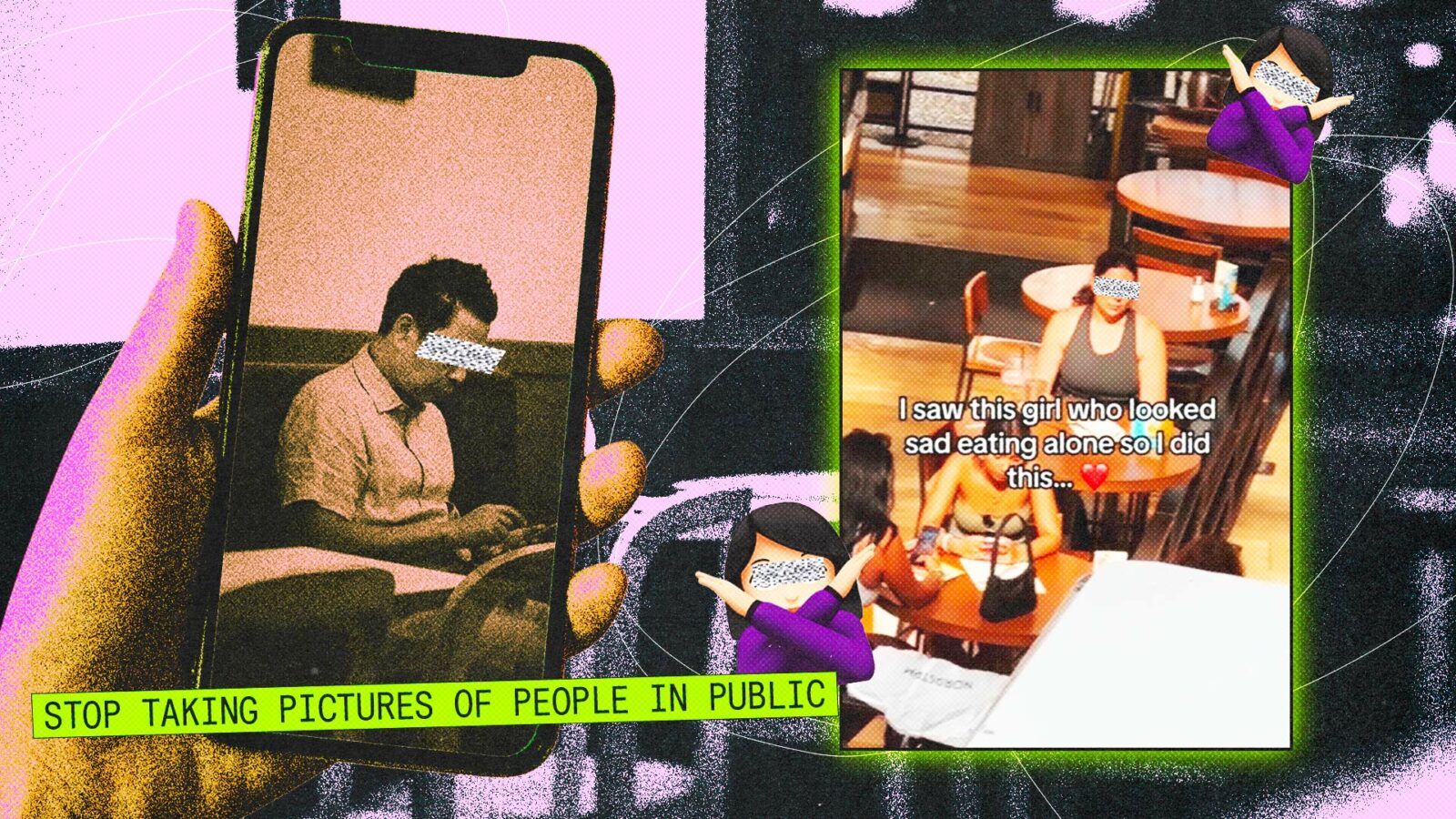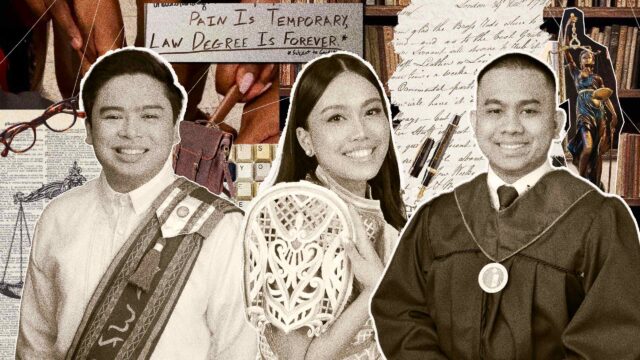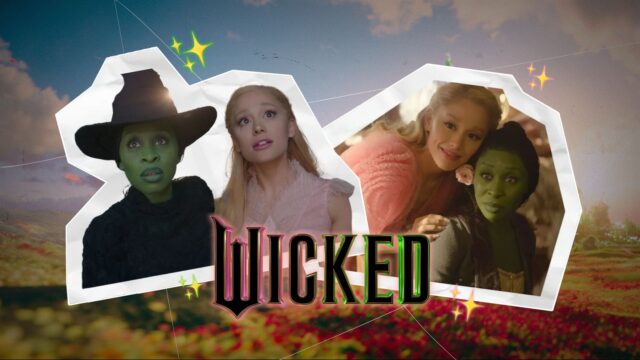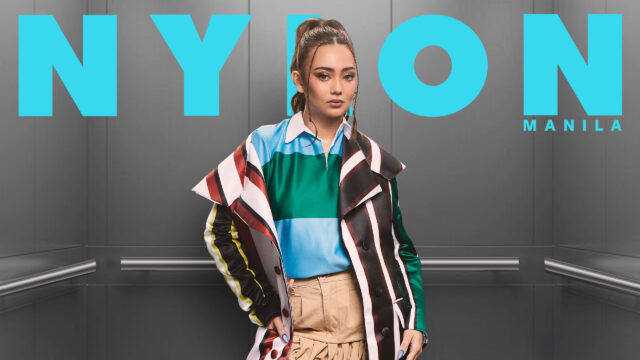There’s another kind of pandemic going around: people that think it’s okay to take photos or film strangers in public and subject them to Internet ridicule or vitriol just for a few thousand likes. We really should stop invading people’s privacy.
Related: The Joys Of A Solo Movie Date (And Why There’s Nothing Wrong About It)
Isn’t it crazy how you could just be eating lunch at a restaurant, minding your business, and you could go viral for being that pathetic, lonely person on your phone eating by yourself? Or how you could just be at a concert or a sports game with a poker face, but you were caught in the background of a content creator’s video and now your face is blasted to hundreds of thousands of people and you’re being called out for being mean?
You could be scrolling on TikTok or X and stop short when you realize “Wait…is that me?” and then you open the comments to see people either laughing at you or pitying you.
Anything can go stupid viral these days. The age of virality and content creation is a double-edged sword. On one hand, it gives people the chance to get creative and earn a living. But on the other hands, it allows people to think they’re entitled to everything because hey, they’re just making content.
It’s nothing new to take photos or videos of someone without their knowledge and post them for the world to see. But TikTok and the way we currently use social media these days have exacerbated the problem. For the most part, it’s pretty reasonable why we shouldn’t encourage this practice, but in case you’re still not really sure why, read on.
It’s an invasion of privacy.
Honestly, why are people still surprised when strangers glare at those filming in public? Why wouldn’t people get upset at being made into content in desperate attempts at humor or virality? It’s an invasion of their privacy, especially if their faces are seen. There are so many weirdos out there that can find a person’s school or workplace by just their face, and you could invade someone’s privacy even more that way by posting them online without their knowledge.
But listen, if filming is necessary to ensure yours or someone’s safety—by all means, film away. We’ve all seen how important it is to have documented proof of injustice.
But when all you’re doing is making weird faces over your dinner or doing an outfit check, get a grip. You don’t need to bother people by putting them, on purpose or otherwise, in your content. Please respect people’s privacy. Most of us don’t walk around the streets hoping to get famous because we’re in the background of someone’s TikTok.
Just because you’re in public doesn’t mean they consent.
I get it. It is pretty difficult to film your own content in public without having anyone else in the shot. But in such cases, you can easily ask someone if they’d be okay with appearing in the video, inform them you’re filming, or even blur out their faces in post.
Because what’s so hard about asking people if they’d like to be part of a video? And if you’re uncomfortable with asking them directly to their face about filming, then there’s obviously something wrong with what you were planning to do.
Unfortunately, people don’t really value strangers’ consent to be filmed when the content they’re making banks on the reactions. There’s a whole slew of content out there that makes strangers the butt of the joke, or participants in something they don’t know about. And while sometimes it’s harmless, it’s never guaranteed that a person is okay with posting a moment they’re involved in for the world to see for a number of valid reasons.
If your content relies on stranger’s responses or reactions in the moment without prior knowledge, then what’s so hard about asking if they’re okay with the video being posted after the fact? There’s plenty of things and topics we can use to consume as media—unconsenting people shouldn’t be one of them.
People are not yours to make fun of or make sad stories about.
Like HOW can people not see that this is a massive violation of privacy, and it opens up that person to ruthlessness of Internet comment sections … even if the video isn’t mean half the comments will be
— RUDI (@diazepants) September 13, 2023
We’ve become so desensitized to things because of our social media consumption that we take a look at one photo or a few seconds of video and immediately pass judgment without knowing the context. The infamous TikTok wherein a young girl gets upset at being touched by a content creator received tons of comments from people asking why it was such a big deal to her, saying she was racist, and generally being unnecessarily cruel to a young girl who never consented to being filmed or touched by a stranger.
The girl’s sister clarified that she was on the autism spectrum and had “contamination OCD,” but the damage has been done. People have proven that they’ll jump to conclusions and run with their own uninformed narratives just because they saw something on social media and wanted to express their opinion. What happened to knowing the context? What happened to minding your own business?
People also love to project their own insecurities onto people they see and make up their own stories based on a single photo or a few seconds of video. Listen, just because someone is eating alone doesn’t mean they’re sad or pathetic. Willingly exposing people to ridicule or vitriol and not realizing the possible outcome of our actions signals a very dark future for humanity—and I’m really not being overdramatic.
Know your boundaries.
Seriously, don’t film, touch, or harass people randomly in public for content. That’s just basic respect for their privacy, boundaries, dignity, and personal space. It’s just really sad that boundaries are being crossed or disrespected in the name of content. A sense of knowing when it’s okay to do something for content and when it isn’t is critical in this day and age. And if you’re unsure—just ask!
Many people have said that it might be a good idea to adopt Japan’s practice of having your camera make a sound whenever you take a photo, and while it’s usually just an offhanded statement to highlight the unethical practice of taking photos and videos of people in public, the sentiment is understood. This mindset that we have that it’s okay to do whatever serves us without considering how it could affect other people needs to change. And it’s much easier and far better for everyone if we all just listened to our conscience and started caring more about the people around us.
Continue Reading: 5 Lessons I Learned From Being Pickpocketed In Paris





